The costs of the war in Ukraine - Which country is bearing the main "burden" of defense?

As transatlantic talks on the future of Ukraine intensify, one issue comes to the fore, particularly in the statements of former US President Donald Trump: which country is paying for the war and how much?
Since the start of the full-scale Russian invasion in February 2022, billions of euros have been poured into helping defend Kiev. But this financial burden has not been shared equally between Ukraine itself, the European Union, and the United States.
Last November, Ukraine’s parliament approved a record military budget of 46 billion euros for 2025. In July, that amount was increased by an additional 8.6 billion to cover personnel costs, weapons procurement and production. In total, this accounts for about 31% of Ukraine’s GDP and 67% of the central budget.
By comparison, the European Union has spent about 72 billion euros on military support for Ukraine from 2022 to 2024, an amount that amounts to about 0.3% of the bloc’s GDP each year. While the United States has provided about 57.3 billion euros over the same period, or 0.08% of US GDP each year. This is far less than the amount claimed by Trump, who often mentions the figure of $300 billion.
Another way to understand the financial burden is to calculate the contribution per person. Based on an estimated population of about 37.86 million, each Ukrainian citizen has contributed an average of about 3,424 euros to military defense over the past three years, about 1,312 euros per year. This amounts to about a third of the average annual salary in Ukraine, which is about 3,500 euros.
Meanwhile, in the US, based on data from the Kiel Institute, each citizen has contributed about 108 euros per year to aid Ukraine, while in the EU, about 95 euros per year per citizen. These figures are significantly lower compared to the average annual income of citizens in the US (about 56,880 euros) and the EU (about 29,600 euros).
Thanks to the figures, we understand that the largest financial burden is borne by Ukraine itself. Despite significant assistance from Western partners, the bulk of the war budget is being covered by locals, who contribute more both in absolute terms and in proportion to their income.
The total cost of the war for Ukraine, including reconstruction, humanitarian aid, and economic losses, is estimated to be around 700 billion euros. Military spending accounts for only a fraction of this burden.

Europe motivates “green” visitors - Cities offer innovative rewards to boost sustainable tourism
Dozens of popular destinations in Europe have imposed fines, taxes and other restrictions on travelers in recent months, aiming to combat overtourism. Last......
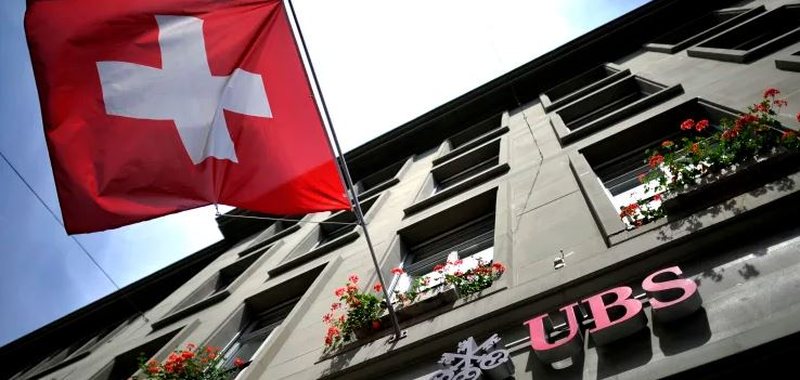
UBS "shrinks" Greece's economic growth - But the Swiss bank remains optimistic about next year
A new report by UBS (Union Bank of Switzerland) has lowered its forecast for Greece's economic growth in 2025, from 2.6% to 2.3%. At the same time, the......

Meta, 10 billion USD agreement with Google - Technological giants collaborate on "cloud" services
Google has reached a six-year deal with Meta Platforms for cloud services worth more than $10 billion, a source familiar with the matter told Reuters. It is......
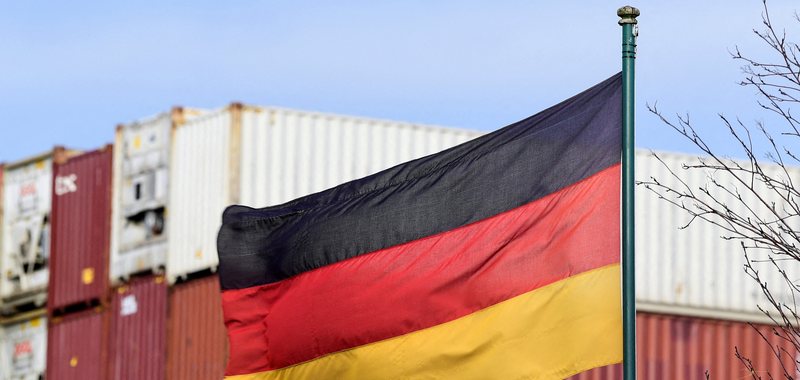
German economy shrinks - Caused by decline in exports and industrial production
Germany's economy shrank by 0.3% in the second quarter from the January-March period, as demand from its main trading partner, the United States, slowed......
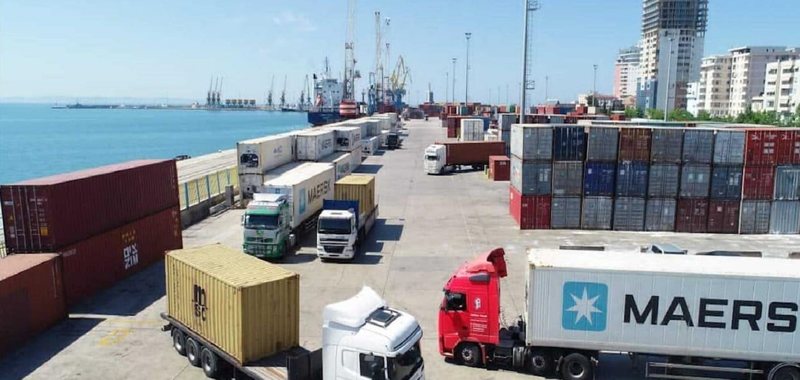
Customs, digital systems according to EU standards - New strategy, what changes for businesses in the country?
The new strategy for digital customs systems, according to European Union standards, is expected to be launched for public consultation soon. The General......
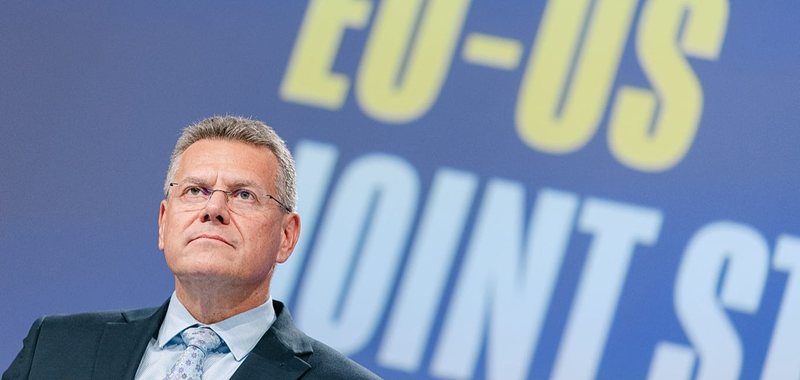
EU-US/ 15% comprehensive tariff on European goods!
The joint statement, which comes nearly a month after the trade deal, is being described as a "first step" by the EU, which hopes to secure more tariff......

Albanians "abandon" short-term credit - BoA: It drops to 198 billion lek in June. Medium-term credit gains more ground
Albanians are increasingly taking out long-term or medium-term loans, while giving up short-term loans. The latest data from the Bank of Albania shows that......
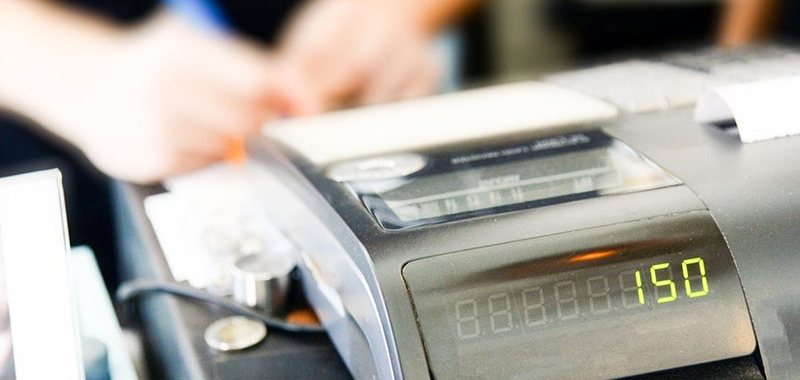
Consumption growth filled the state coffers - 7-month period, 301 million euros more in the budget
The state budget collected 432.7 billion lek in the first 7 months of the year, registering an increase of approximately 30.1 billion lek or 301 million......

















